Ceramic Techniques: Enhancing Your Skills and Knowledge
Exploring the world of ceramics opens up a multitude of techniques and disciplines that artists can master. Different methodologies not only influence the process but also the aesthetic outcome of ceramic pieces. Below, we delve into several key techniques and concepts to enhance your ceramic skills.
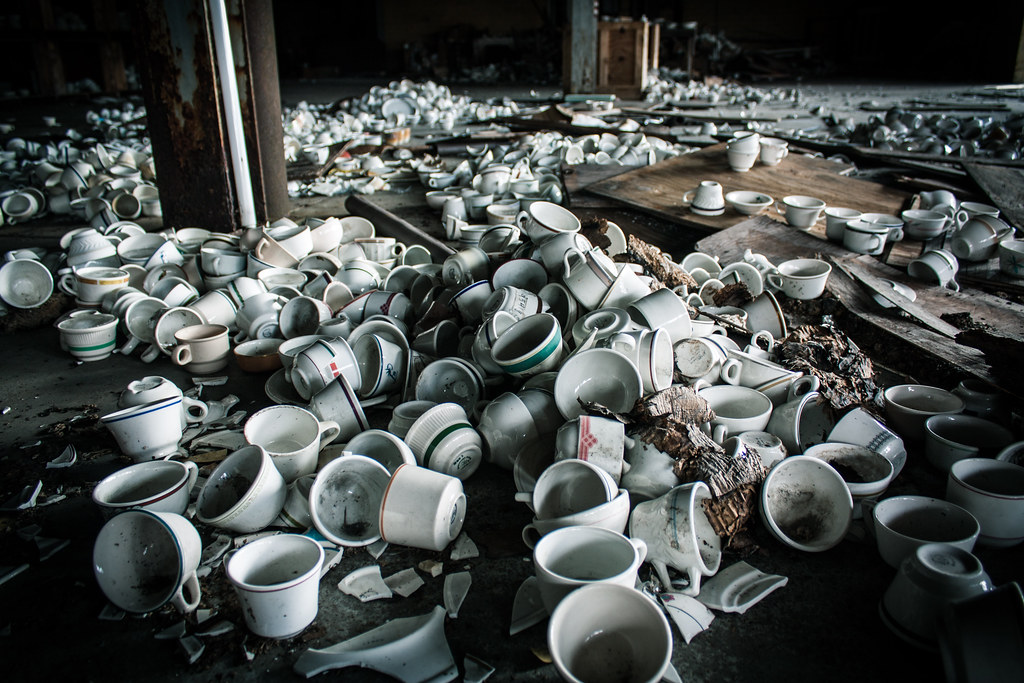
Understanding Slip Casting
Slip casting is a popular ceramic technique that involves pouring a fluid slip (a mixture of clay and water) into a plaster mold. This method is particularly useful for creating intricate shapes and forms that might be challenging to achieve with other techniques. For those interested in learning more about this process, this complete guide to slip casting provides an in-depth explanation and tips for mastering the technique.
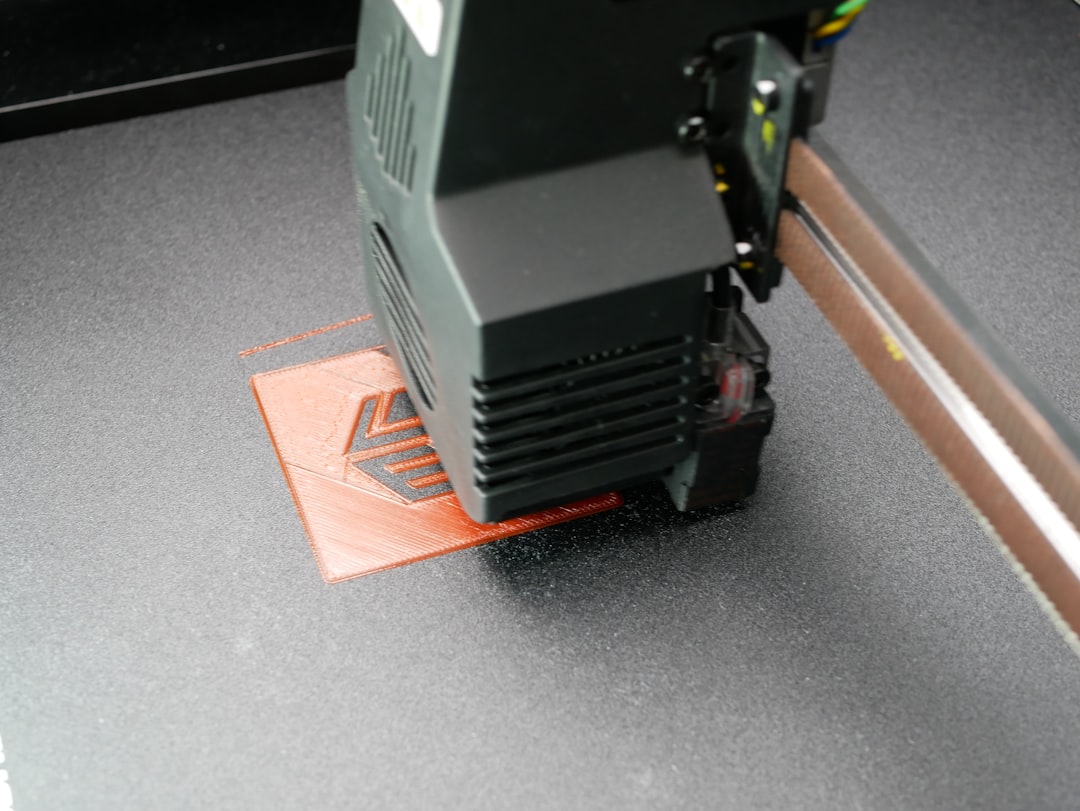
Exploring Slab Building
Slab building is another versatile ceramic technique where clay slabs are rolled out and then cut, shaped, or joined to create various forms. This method is particularly favored for constructing larger or architectural ceramic pieces. To deepen your understanding of slab building, its techniques, and uses, explore this comprehensive guide on slab ceramics.
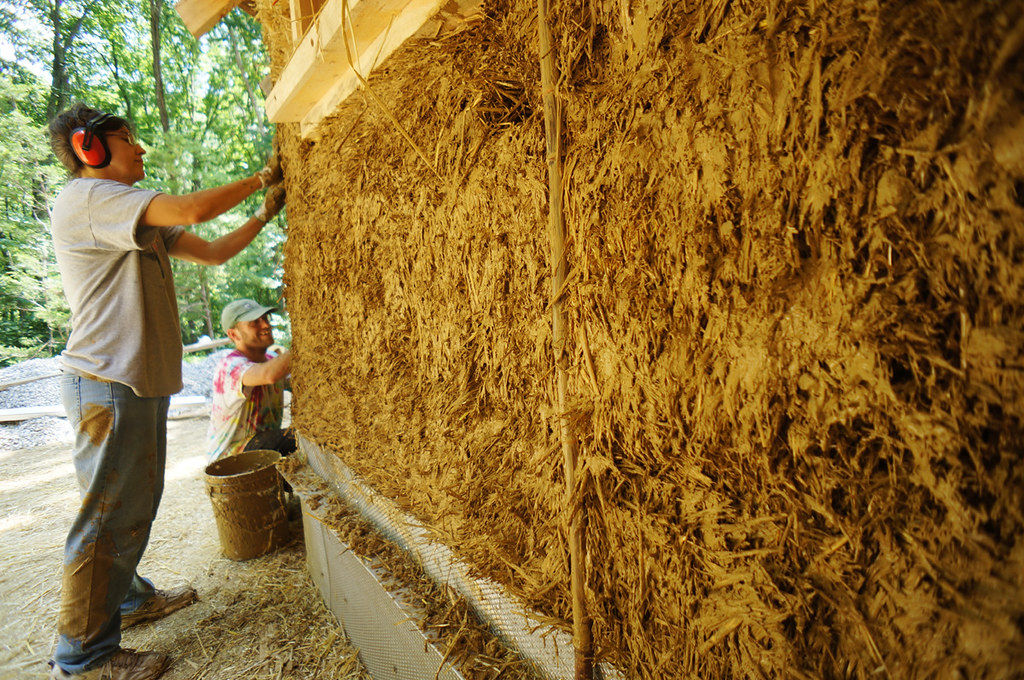
Understanding Different Types of Clay
Choosing the right type of clay is crucial for any ceramic project. Clays can vary significantly in terms of texture, color, and firing temperature, each having unique characteristics and suitable applications. To learn about the different clay types and their specific uses in art and pottery, check out this guide to types of clay.
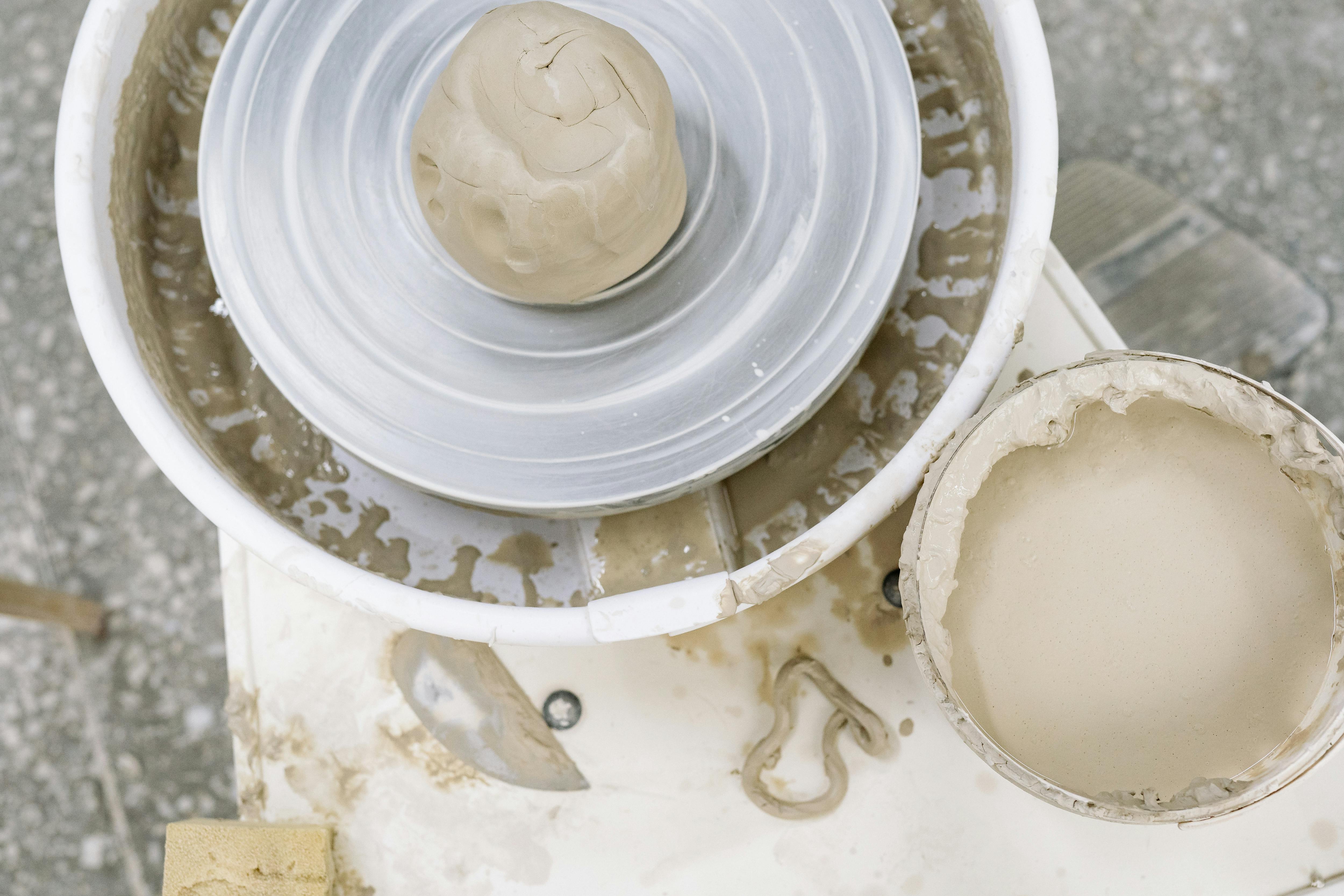
Recent Trends in Ceramic Arts
As you continue to explore and master various ceramic techniques, staying updated with the latest trends and innovations is essential. For the most recent articles and insights into the ever-evolving world of ceramics, make sure to check out our latest blog posts.
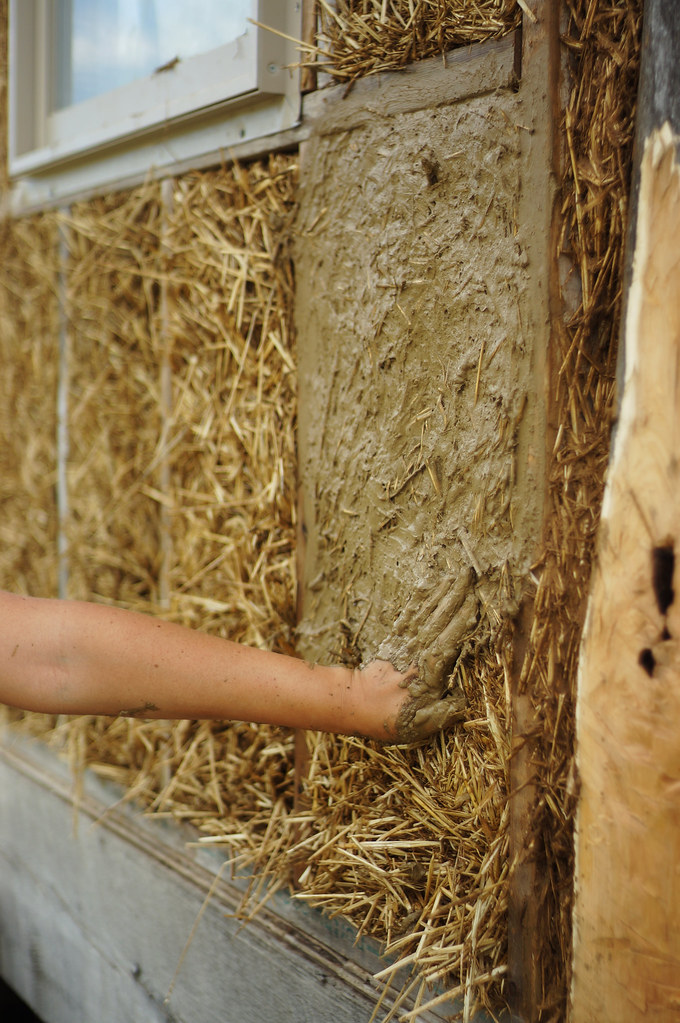
Explore Hot Clay’s Latest 3D Printing Innovations
In the rapidly evolving world of crafting and design, the ceramics clay slip 3D printer has become a revolutionary tool, seamlessly merging traditional pottery techniques with modern technology. To see this technology in action, check out Hot Clay’s video, “Our new Potter’s 3D printer!”
Can 3D printers print ceramics?
Absolutely. Thanks to advancements in ceramic 3D printing—particularly with clay slip—it’s possible to produce both large-scale ceramic parts and smaller, intricate pieces in substantial quantities. Manufacturers like voxeljet specialize in high-capacity systems that can handle complex designs and deliver consistent, high-quality ceramic objects for industries ranging from art and sculpture to aerospace.
What is the most profitable thing to 3D print?
Highly customized and niche items often yield the highest profits. Intricate jewelry, finely detailed miniatures (like tabletop gaming figurines), and collectibles or cosplay props can command premium prices due to their personalized nature and artistic value. When working with ceramic clay slip, you can create one-of-a-kind decorative or functional pieces that appeal to collectors, enthusiasts, and niche markets, increasing perceived value.
What materials cannot be 3D printed?
Although modern 3D printing covers a wide array of materials—including ceramic clay slips—the following remain challenging or unsuitable:
• Solid wood, although wood-infused PLA filaments are available as alternatives
• Fabric or cloth
• Paper
• Natural rock (though certain volcanic materials such as anhydrite or rhyolite may be melted and used)
• Fiber-reinforced composites, which often require specialized equipment and techniques
As we’ve explored, ceramics clay slip 3D printers are truly transforming the way we approach pottery and design. By combining the tactile artistry of traditional ceramics with the precision of 3D printing, artists and hobbyists alike can push the boundaries of their creativity and bring intricate designs to life with ease.
Stay Connected and Keep Creating
If you're excited about the future of ceramics and eager to see more innovative projects, be sure to follow us on Instagram. We're constantly sharing new ideas, tips, and inspiring creations to keep your creative spark burning. Thanks for joining us on this journey into the world of ceramic 3D printing!
